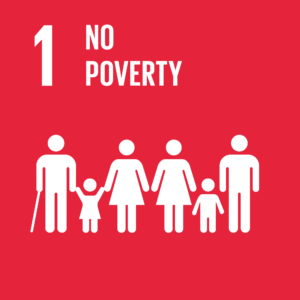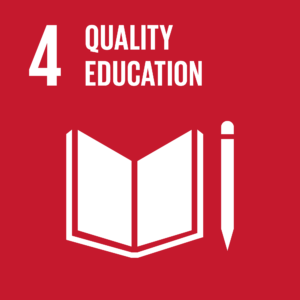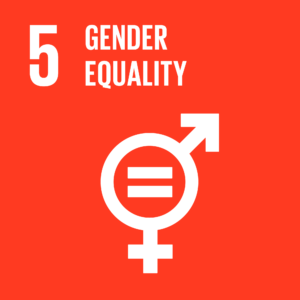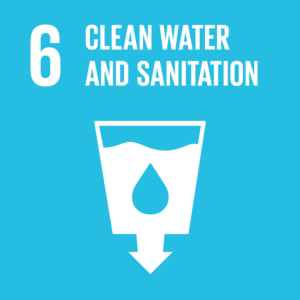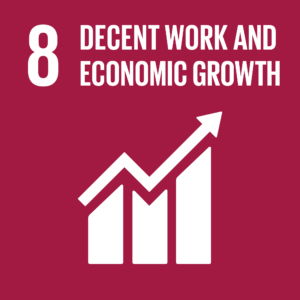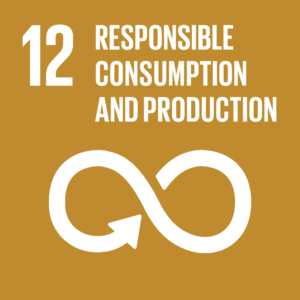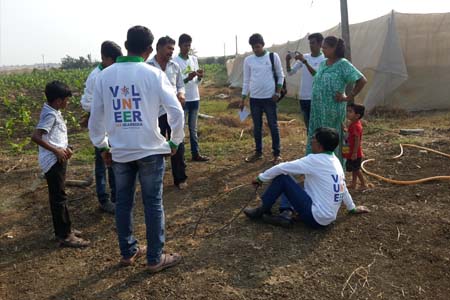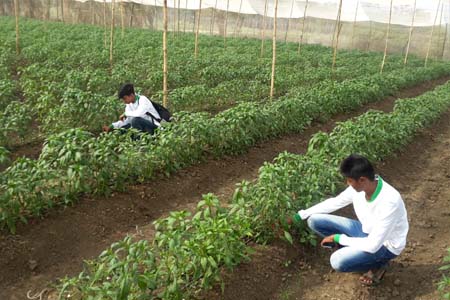
A Traditional Indian Farm…
Sustainable agriculture for a better world
CALLING ALL FARMING
We offer fun educational experiences for all your students
OPPORTUNITIES FOR YOUTH
Youth of our community can dig in dirt and watch things grow.
COMMUNITY GARDEN PLOTS
Our easy-to-garden planter boxes are available for lease to community residents.
OUR EVENT SPACE
Your guests will enjoy the natural and urban surroundings.
GOAL 2 IN ACTION
THE TARGETS
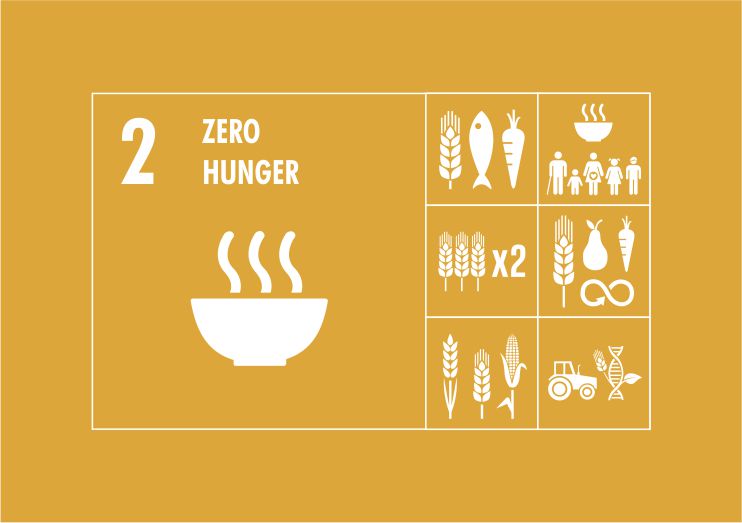
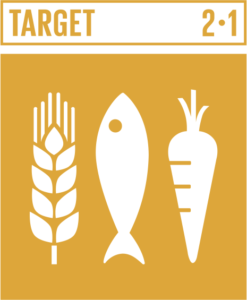
UNIVERSAL ACCESS TO SAFE AND NUTRITIOUS FOOD
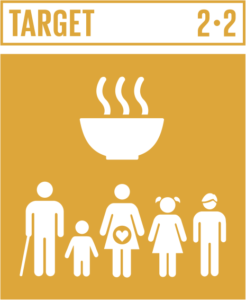
END ALL FORMS OF MALNUTRITION

DOUBLE THE PRODUCTIVITY AND INCOMES OF SMALL-SCALE FOOD PRODUCERS
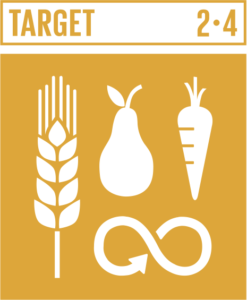
SUSTAINABLE FOOD PRODUCTION AND RESILIENT AGRICULTURAL PRACTICES
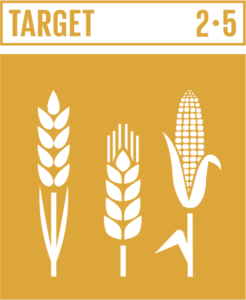
MAINTAIN THE GENETIC DIVERSITY IN FOOD PRODUCTION
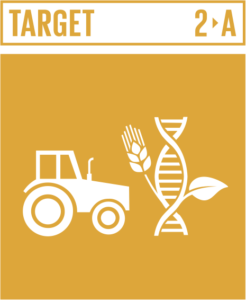
INVEST IN RURAL INFRASTRUCTURE, AGRICULTURAL RESEARCH, TECHNOLOGY AND GENE BANKS
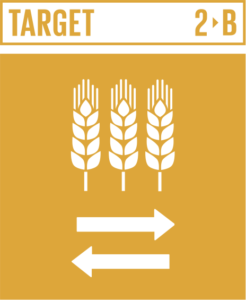
PREVENT AGRICULTURAL TRADE RESTRICTIONS, MARKET DISTORTIONS AND EXPORT SUBSIDIES
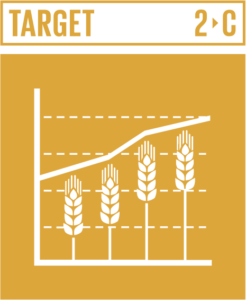
ENSURE STABLE FOOD COMMODITY MARKETS AND TIMELY ACCESS TO INFORMATION
GET INVOLVED
WELCOME !
To Jan Akanksha Agriculture Wing
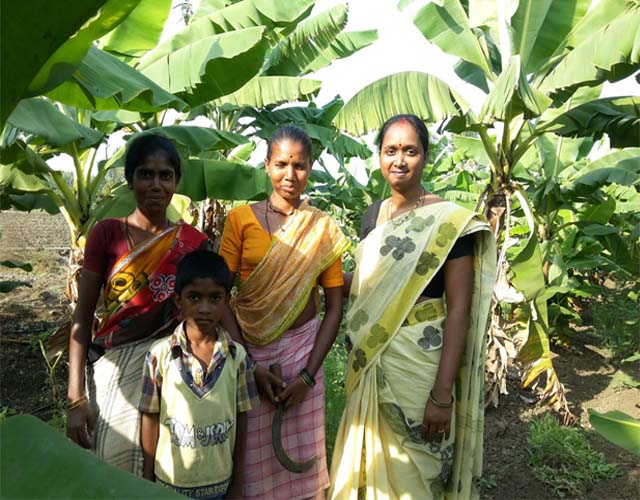
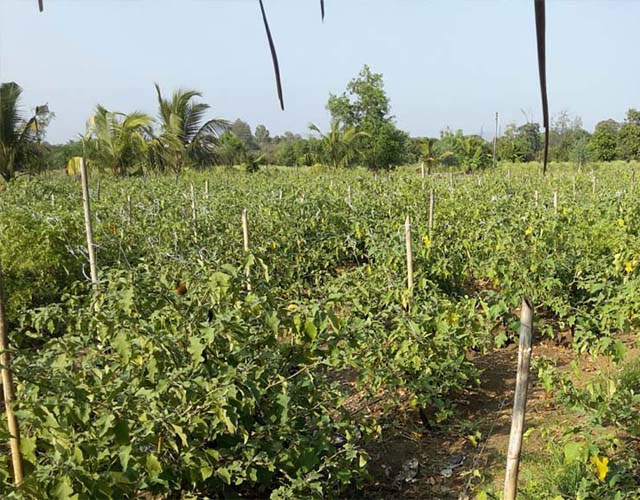
What is sustainable agriculture?
Green agriculture is the application of the sustainable development principles to agriculture: ensuring the production of food, wood and fibers while respecting the ecological, economic and social limits that ensure the durability of this production. For instance, sustainable farming minimises the use of pesticides that can harm the health of farmers and consumers.
Key principles are linked to sustainable agriculture:
- Develop efficient, self-sufficient and economical production systems that provide decent incomes
- Increase energy efficiency in food production and distribution
- Preserve and protect biodiversity and territories
- Manage the quality of air, water and soil
- Optimize the use of natural resources
Sustainable agriculture practices
Crop rotation is the practice of growing a variety of different crops on the same plot in sequenced seasons. Polyculture is an important element of soil fertility management and pests, and therefore an asset for increasing yields.
Cover crop is an intermediate culture between two production cultures. Its main function is to protect land against erosion and enhance soil quality. The use of cover crops reduces the need for chemicals such as fertilizers.
IPM is based on experimentation and observation, allowing to develop crops in harmony with their environment and make them profitable. It takes into account biological methods of plant protection and ensures their integration, in order to control the development of pests while minimizing the use of chemical pesticides.
Reducing or avoiding tillage allows to grow crops without disturbing the soil arrangement and thus reduce erosion, but also increases the amount of infiltrating water, boosts organic matter retention and nutrient cycle.
For agriculture to be sustainable, using clean, efficient and renewable energies is crucial. Examples of renewable energies and energy efficiency in agroindustry systems include solar irrigation, geothermal heating and drip irrigation.
Agroforestry is the association of trees and crops or animals on the same plot. This ancestral practice allows a better use of resources, a greater biological diversity and the creation of a microclimate favorable to yield increase. Likewise, a smart integration of animal production can be a recipe for more efficient crops and profitable farms.
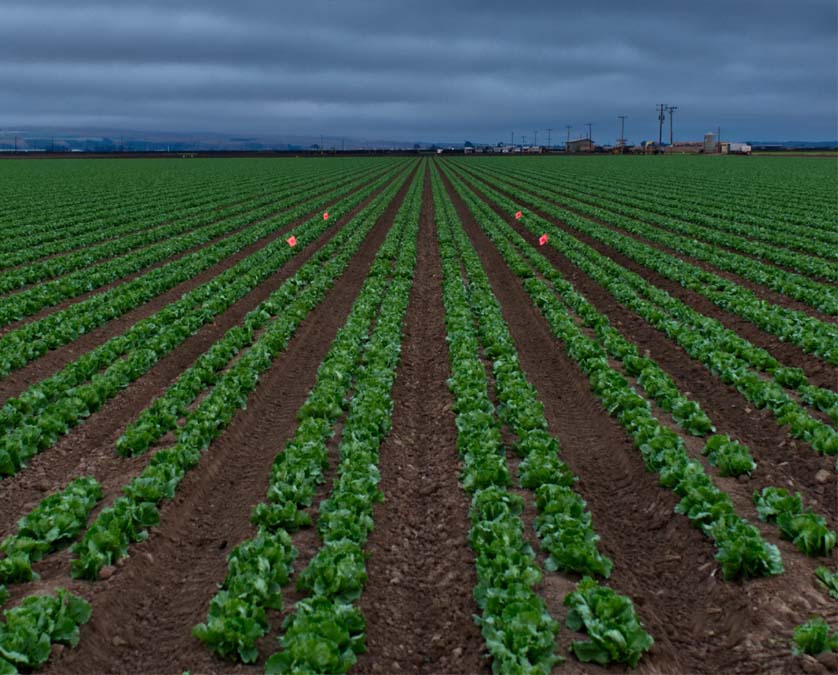
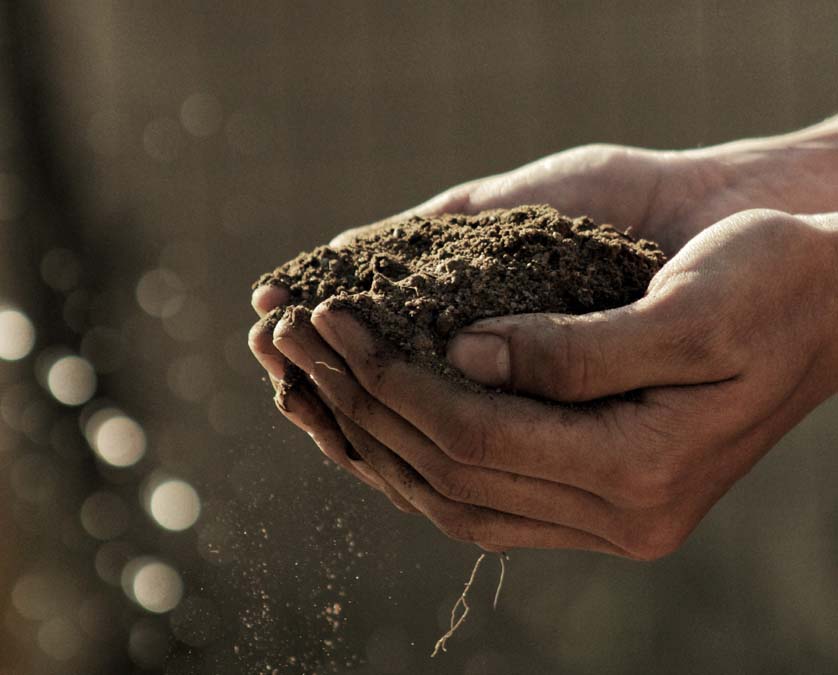
Sustainable agriculture advantages
Three main goals and benefits of sustainable farming are:
The first advantage of sustainable agriculture is the protection of the environment, reducing erosion and natural resource degradation, improving air and water quality, increasing biodiversity, as well as decreasing carbon emissions.
Sustainable agriculture don’t use hazardous pesticides and fertilizers. As a result, farmers are able to produce safer and healthier food for consumers and surrounding communities.
Another benefit of sustainable farming methods is that they provide decent income, but also jobs, food and other goods and services for the majority of people now living in poverty. Besides, it allows to boost rural territories and create social links between the rural and urban world.
Sustainable agriculture challenges
Sustainable agriculture will have to prove itself facing with intensive agriculture. Even though it is more reasonable, it cannot offer the same short-term returns. With the growing population and the persistently high levels of hunger and malnutrition, sustainable agriculture yields need to address the food security issue by producing more in less time, while using fewer natural resources.
The other big challenge that green agriculture is facing is undoubtedly the rapid degradation and depletion of natural resources.
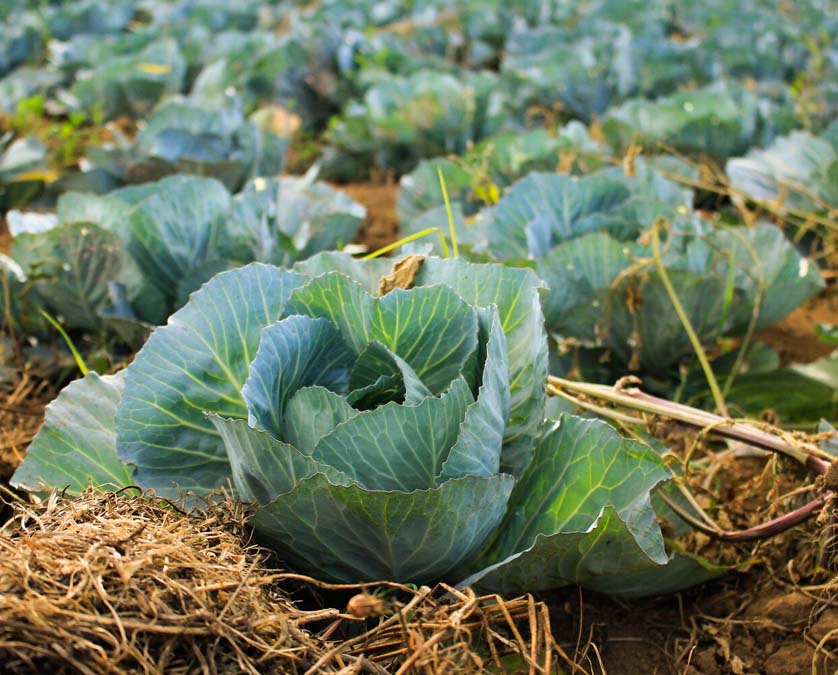
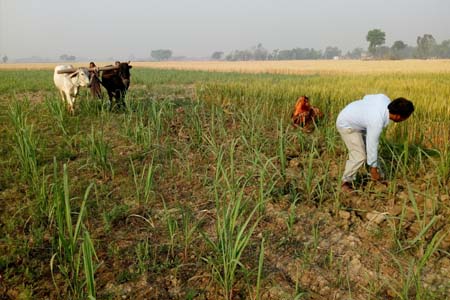
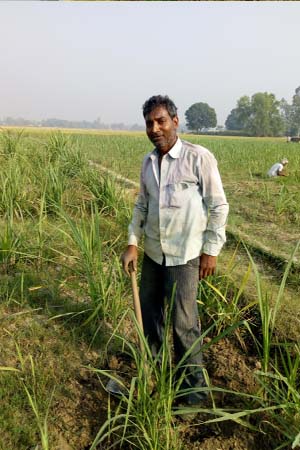
We observed that thousands of farmers have given their life in India in last two decades because of the debt. Costs of production, which includes hybrid and genetically engineered seeds, chemicals and irrigation etc., are increasing with every season pushing farmers into the debt trap and also to suicides. Built a movement for the protection of small farmers through promotion of ecological farming and fair trade to ensure the healthy, diverse and safe food.
And otherside chemical agriculture and Genetic engineering are threatening public health and leading to nutrition decline. So our A few volunteers and mentors, decided to form a new wing to work innovatively to benefit the rural poor. We are a grassroots implementation and committed to promote and self-reliant models of rural development through interventions in Agriculture and Horticulture, Natural Resources Management, Daily and Livestock.
Our philosophy states that India lives in her villages and we cannot rise to our true potential as a country without a fundamental transformation in the lives of people in rural India. we believe that the partnership of rural India with corporates, young urban India, the Government and other foundations is the key to create a permanent and irreversible change for good.
We aim at bringing together the best global practices, corporate thinking and accountability, the highest standards of corporate governance to create a model of sustainable development, which is a benchmark in the industry and can be replicated at scale. We strongly believe in collaboration and working with multiple partners including other foundations, NGOs, corporates and the government because of that development cannot be promoted large scale through charity and grants; ways must be found to execute models of poverty alleviation through promotion of self-reliance and enhancing self respect of ‘beneficiaries’. In addition, any NGO cannot bring about development in ‘isolation’. They must act jointly, in collaboration with various stakeholder and the Government to create change.
Our main aim to produce organic vegetables without pesticides and chemical, with help of farmers. For economically growth to sell products among the groups of organisation members who indulge in this project as well as contribute their support mankind way to maintain healthy life style without any medicine. We also try to such kind of movement is spread throughout India through our partner organizations and farmers networks.
- To promote organic production and their marketing in the area of agriculture.
- To build up the capacity of community for self-reliant so that they can be able to identify their problems and self-develop the solution through team spirit.
- Our Mission to implement sustainable programs that improve the livelihoods of rural community through participatory approach.
- To establish village base institutions such as society, saving and thrift credit group, Self Help Groups (SHGs) etc; for strengthening the process of participatory development in field of agriculture, livelihood & health etc.
- To setup knowledge Centre for the rural peoples base livelihoods.
Organic agriculture is not just a method of farming. It is saving the Earth and farmers’ lives.
What’s the Initiative all about?
Jan Akanksha Agriculture team working exclusively with vulnerable and deprived community, we have found that for more than 80% families, agriculture is the only way to transform their lives. Yet somehow families largely cannot make it due to lack of technical knowledge and aid, financial networks, and the support of government stakeholders (as many did not know such communities even exist). Believing that modern farming techniques and government stakeholder’s support can completely change the lives of thousands of children, we have come up with this innovative solution.
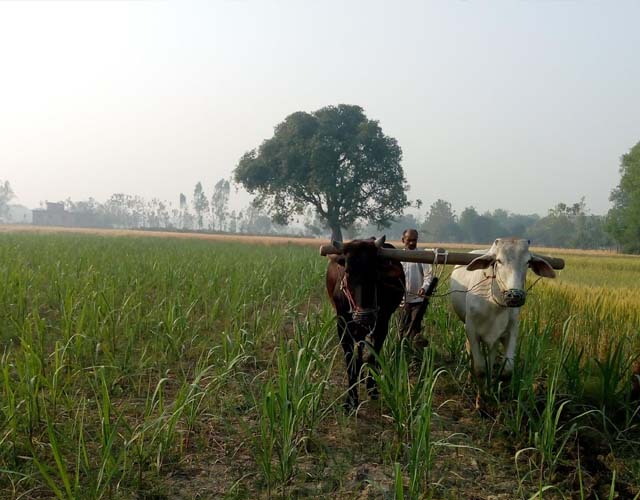
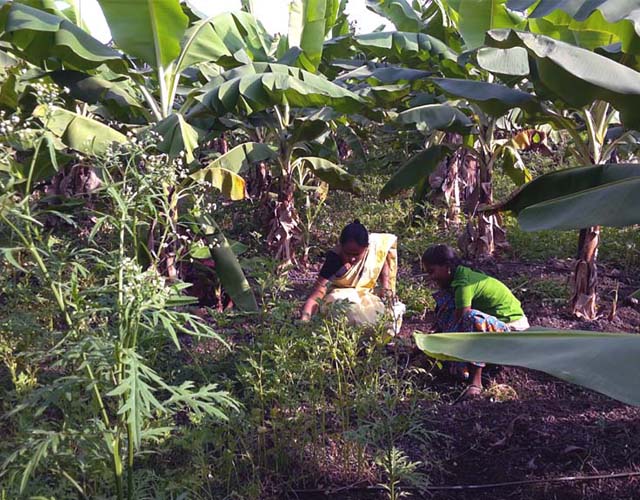
How it works?
Our aims to improve the livelihoods of farmers and their families through progressive farming that decreases input costs, increases production, connects them with financial networks, and takes full advantage of government assistance. Our targets the problem of poverty in a context where as many as 80% of families survive by means of subsistence farming. Advanced farming practices with the help of progressive government schemes offer farmers the promise of better standards of living, but in remote and underprivileged communities agriculture workers are still not reaching their full potential. We initiate to educate farmers about these available practices and government programs in order to propel them towards a future of dignity and a better living wage for them and their families. Consistent and adequate income empowers individuals and creates a better home environment where children are more likely to experience all of their rights.
How We Engage
Build the capacity of local entrepreneurs to manage and grow their businesses
Facilitate use of formal financial services, including loans, credit lines, and checking and savings accounts
Promote access to training on business-relevant technology and equipment
Build bridges between underserved communities and the local economy
Partner with key organizations to institutionalize and scale impact both within and across communities
KNOWLEDGE SHARING
Form partnerships with key organizations and groups to further project impact
Who We Work With

Community Partners
Grassroots organizations, community-based organizations, non-profits, non-governmental organizations.

Financing Partners
Banks, lending cooperative, leasing companies, crowdfunding platforms.

Business Partners
Small businesses, social enterprises, equipment and technology suppliers.

Government Partners
National, state and local departments, ministries and agencies.
Support us!
We need your support to provide Sustainable Agriculture Equipment & Machinery for grow sustainable food.



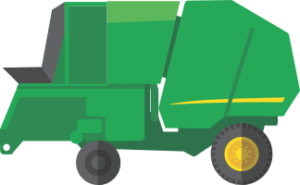

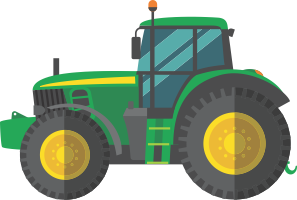
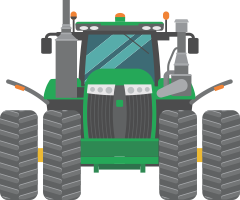
UPCOMING
CAMPS & EVENTS
Organic agriculture is not just a source of safer, healthier, tastier food. It is an answer to rural poverty.
Invest in a regenerative future.
LATEST
Events, Field Trips & Training camps
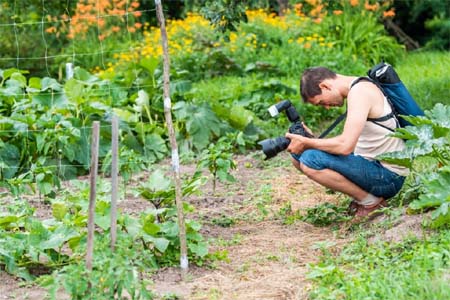
Photography Series
When you picture yourself, a traditional Indian farm in it classic, idyllic perception, this is what the agriculture farm actually looks like!
Charming nature that surrounds all of our farming facilities haunts our farm guests and inspires and refreshes them.
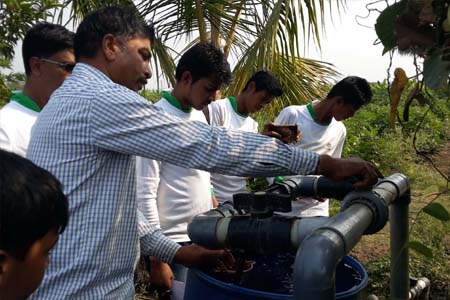
3-days summer farm camp
Youth of our community can dig in dirt and watch things grow. We offer fun educational experiences for all your students.
Linkage with other SDGs
